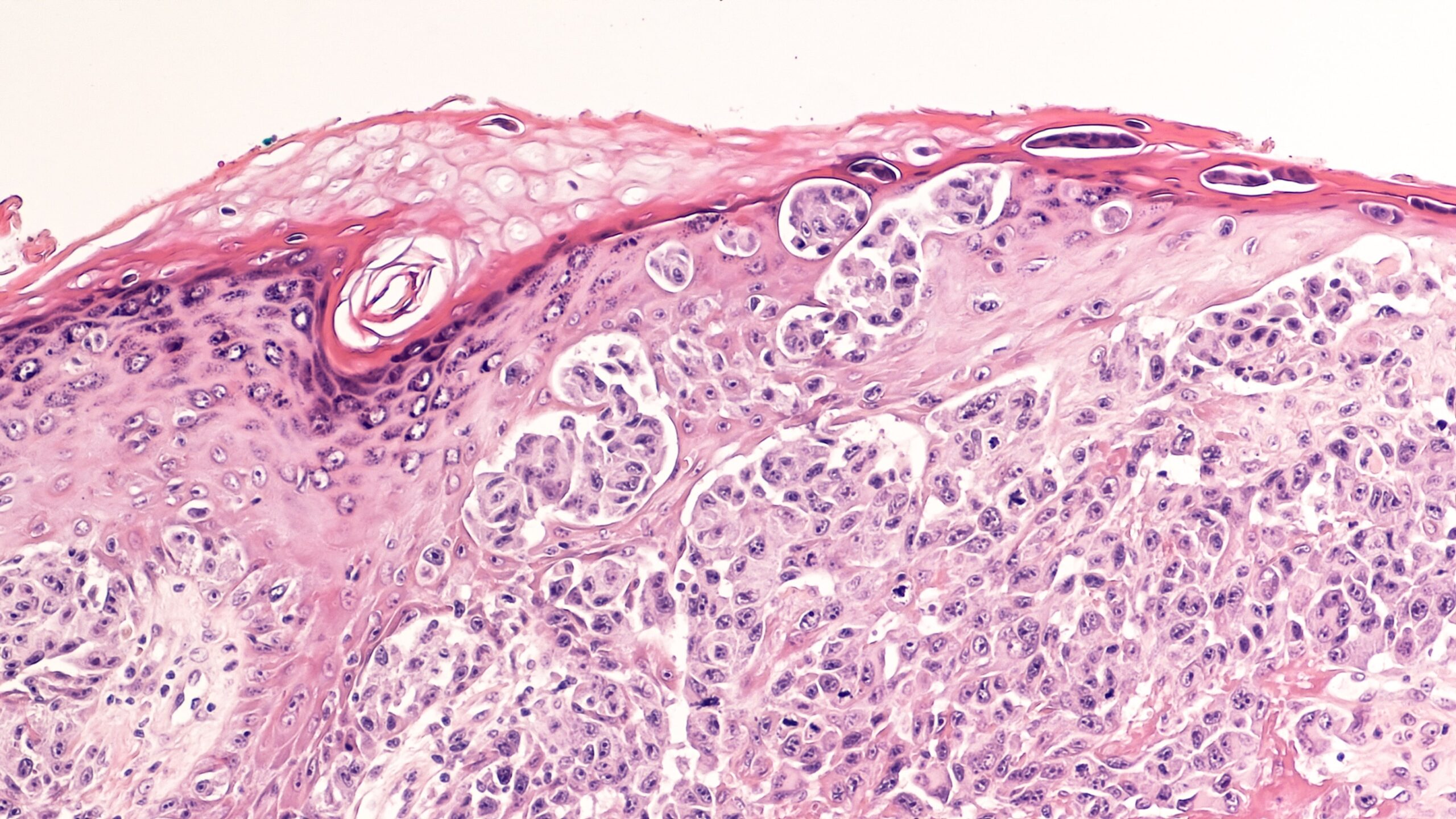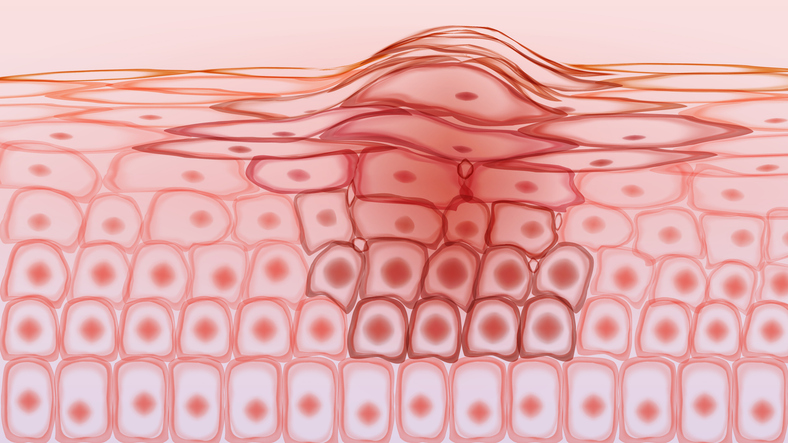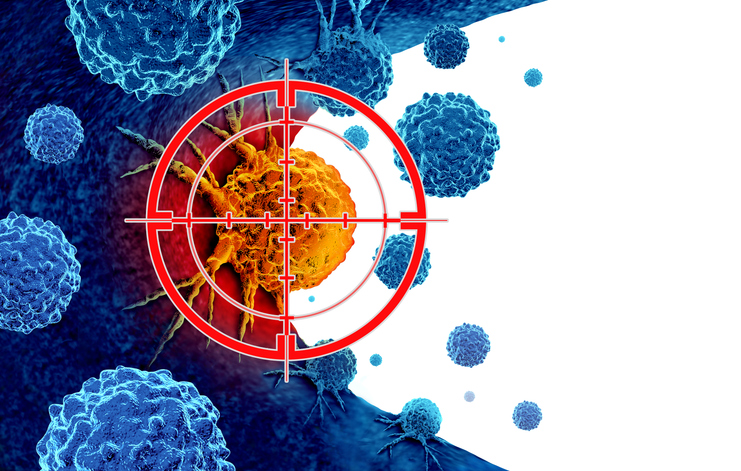
Research that will be presented at the American Association of Cancer Research Annual Meeting indicated that a high-fiber diet could improve response to immunotherapy with checkpoint inhibitors in patients with melanoma. However, probiotics may worsen the response to these therapies.
The researchers prospectively collected fecal samples from patients with melanoma at the MD Anderson Cancer Center. They characterized the gut microbiome using 16S rRNA sequencing in 146 patients. In a subset of patients initiating systemic therapy (n= 113), researchers also collected baseline diet information via the National Cancer Institute dietary screener questionnaire, as well as information on probiotic and antibiotic use.
Considering all treatment groups, baseline alfa diversity was highest in the 355 patients who had complete or partial response to immunotherapy compared with those who had stable and progressive disease.
Age, sex, and body mass index did not significantly influence the gut microbiome.
Looking forward to seeing these data at #AACR2019 #Immunotherapy #microbiome AACR 2019: Diet May Influence Gut Microbiome and Response to Immunotherapy – The ASCO Post https://t.co/A3UzZUzPBA
— Romualdo Barroso, MD PhD (@DrRBarroso) March 3, 2019
Probiotic (42%) and antibiotic (29%) use at baseline was associated with lower alfa diversity (P=0.02). Whole grains and overall diet quality were positively associated with pro-response bacteria, while added sugars and processed meat were negatively correlated.
Gut microbiome community structure differed based on high and low fiber intake (P<0.05): Compared with a low-fiber diet, patients who consumed a high-fiber diet had higher odds of response to an anti-PD1 immunotherapy (odds ratio [OR] =5.3; 95% CI, 1.02-26.3), and area under the curve for fiber in predicting response was 0.65.
Joint effects analysis showed greatest odds of response among patients with a T1 signature and high-fiber diet (OR=3.6; 95% CI, 0.7-17.8) versus a low-fiber diet (OR=1.9; 95% CI, 0.6-6.4) compared with patients without a T1 signature.
“While preliminary, this data points to the idea that the gut microbiome in [patients with] melanoma may be negatively influenced by probiotics and could be targeted by dietary manipulation,” the researchers concluded. “Larger prospective and interventional studies are needed to assess the relationships between host lifestyle factors, the gut microbiome, and response to melanoma therapies.”
Diet may influence gut microbiome and response to #immunotherapy – High fibre diet is associated with higher gut microbiome diversity and better response to treatment. To be presented at #AACR19 https://t.co/jZpzlImFqB
— Sarah_Halford (@sarahhalford7) March 1, 2019







 © 2025 Mashup Media, LLC, a Formedics Property. All Rights Reserved.
© 2025 Mashup Media, LLC, a Formedics Property. All Rights Reserved.